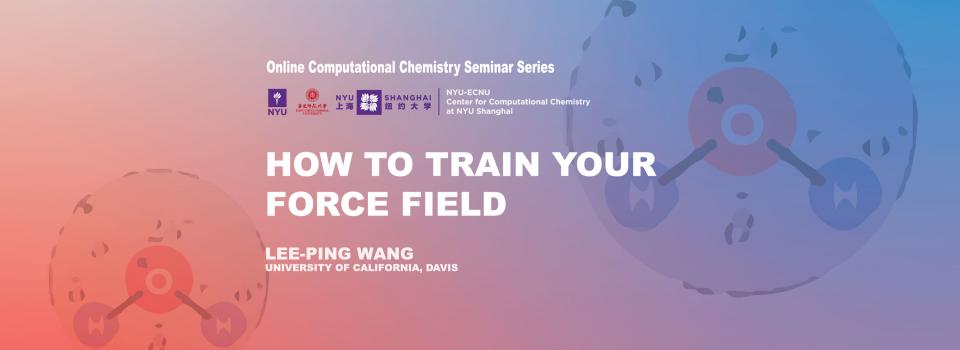
Zoom ID: 984 6384 2049
Passcode: 402887
- Join Via Zoom -
Abstract
Molecular dynamics simulations of proteins, polymers and countless other systems require computationally efficient force fields to reach the needed size and time scales. The development of accurate force fields is challenging due to the highly complex procedure of fitting large numbers of empirical parameters to match simulation results with experimental data and/or ab initio calculations. In this talk, we describe recent progress towards automating force field optimization using an open source software package called ForceBalance, which enables force fields to be built in a reproducible and systematically improvable way. ForceBalance is applied to optimize force fields for a variety of applications, including all-atom and coarse grained protein force fields, and a general force field for small drug-like molecules. I also describe a recent application of our force fields to uncover the mechanism of fold switching in metamorphic proteins.
Biography
Lee-Ping Wang was born in California and attended UC Berkeley with a major in Physics, graduating in 2006. He then attended MIT on the east coast, where he joined the theoretical chemistry research group of Troy Van Voorhis and did his thesis research on the mechanism of water splitting catalysis. In 2011, Lee-Ping went to Stanford University for postdoctoral studies where he was co-advised by Professors Todd Martínez and Vijay Pande. (Professor Todd Martínez was also the postdoc advisor of Professor William Glover.) In 2015, Lee-Ping joined the faculty at UC Davis, where he developed a research program that includes the development of computational methods for theoretical chemistry and their applications to chemistry problems of environmental or health significance. Lee-Ping was promoted to Associate Professor in 2021. He has deep ties to Shanghai as his mother's side of the family is from Shanghai, and his younger brother is living in Shanghai and building a small company here. Although he wishes he could visit Shanghai in person, he is still very happy to be visiting virtually to talk about his recent research.
Seminar Series by the NYU-ECNU Center for Computational Chemistry at NYU Shanghai


